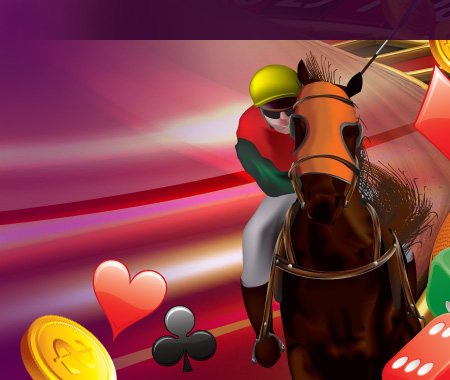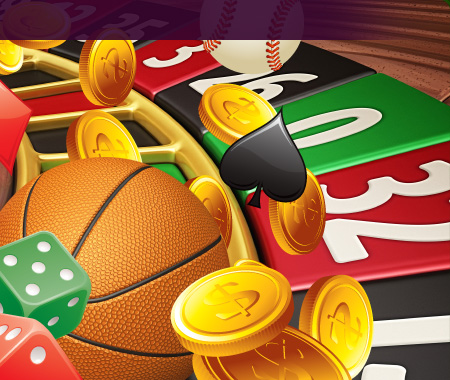Gambling Money Management Advice
Dear Mark,
I know you always say to set your win and loss limits, and that makes perfect sense. But, how about when you get on a great winning streak at blackjack and it seems that you can do no wrong... do you still walk? I play $100 hand blackjack and increase like a crazy man when I'm winning, sometimes even table max (2K) when it's "one of those nights" I just never know when to leave when I'm doing so good. Mike B.
The two hardest times to leave a casino are when you are ahead or when you are behind. That, Mike, is why my gambling money management advice is for all gamblers to set loss limits and win goals. As for when to bid your farewells, setting a specific win goal (such as doubling your money), then sticking to it, is the correct money management strategy when it comes to saying "cheerio" to the dealer.
The biggest (and usually only) advantage you have over the casino is the ability to quit while ahead. So, if you want to show a profit, Mike, you've got to get up and leave the blackjack table while you've still got it.
That said, I am not saying you need quit a hand when you are on a winning streak. Why tempt fate? Magical gambling moments do happen. Your hand-to-hand encounter with Kismet could be today. Fifteen, 18, even 20 winning hands in a row is possible. When your date with the Goddess ends, however, signaled by possibly one, two, no more than three losing hands, you flaunt your famous mad dash to the cashier's cage.
As Amarillo Slim was quoted in last week's column, "... be able to quit a loser, but for goodness' sake, keep playing when you're winning."
And there is this wise old Jewish Proverb: When Fortune calls, quick! -- offer her a chair.
I just don't want readers to catch a mild-to-moderate case of the greed virus, where their fevered fantasy looks far beyond a possible 100% profit, escalates it to 1000%, and wakes up with a real-life hangover at minus 300.
The Wow-Jee-whiz-Yippee cancellation of probability just ain't going to happen in most cases.
Dear Mark,
I don't understand some of these bets. You wrote: "In great detail, Slim and Dinkin chronicle Amarillo's winning ways and his larger-than-life-wagers like these classics. He won $300,000 from Willie Nelson in a televised match of dominoes, or remember when he beat Bobby Riggs out of $10,000 in a game of Ping-Pong played with frying pans as paddles? He also trounced a world champion ping-pong player with a Coca-Cola bottle, and even whooped Minnesota Fats in a game of pool using a broomstick as a cue."
The last two don't at all make sense. Was Fats using a real cue? Was the World Champion Ping-Pong player using a real paddle? If he were, I'd bet against Amarillo knowing the outcome. No way, it could have happened. Ken M.
Naturally, Ken, it is all a matter of how Amarillo Slim set his pigeons up. Making them play in an environment they were not used to, and couldn't have anticipated, is the pivotal pry-bar. For instance, Amarillo once outran a horse in a 100-yard race.
No one had said anything about the race being on a straightaway.
Would you, Ken, take a $100 bet that I could hit a golf ball 800 yards with a seven iron? It's easy to do in the empty parking lot of a shopping mall. A concrete surface can really add to the length of your drive. Then there's the guy who rakes in the sheckles by knocking the ball a mile on the smooth winter ice of a frozen lake.
Rule #1: When it comes to making proposition wagers: In every bet there is a fool and a thief.
Rule #2: If you are ever making such a wager and you don't know who the sucker is, it's probably you.
FROM OUR EMAIL
- Black Jack Tips
- Craps Strategies
- Four Card Poker
- Jacks or Better Basic Strategy
- Roulette Strategies
- Slot Machine Strategies
- Video Poker Tip



